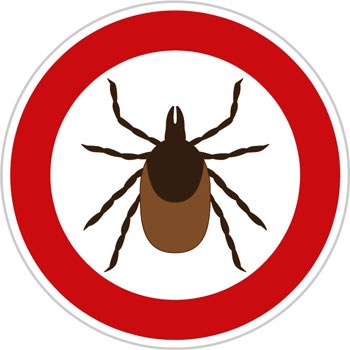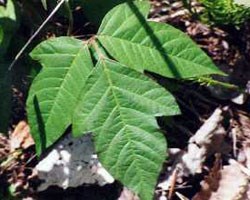
Will Newton/Friends of Acadia Emergency, dial 911Safety Essentials
What Should I Bring?

Take Care From TicksTicks are prevalent in Acadia and are mostly active late spring to early fall. Tick-borne diseases are an increasing public health concern across the region. To limit your exposure:
Learn more from the Centers for Disease Control and Prevention. 
Poison Ivy and Other PlantsPoison ivy is found throughout the park. It is not an invasive exotic plant, but rather a native component of the plant community of coastal Maine. It thrives in areas of disturbance, such as along the shore and is tolerant of salt spray and other harsh conditions. Berries from the plant are a highly nutritious food for birds and animals. The vine provides cover and protects the soil from erosion. As a native plant, poison ivy is protected in most places in the park. We do manage poison ivy along Ocean Path. We will never get rid of it or be able to treat all areas where people might come in contact with it, but we do try to reduce the greatest risk. Please use caution while in the park and keep an eye on your children and pets. Remember, leaves of three, let it be! If you do come in contact with poison ivy, use soap and water within 30 minutes to gently wash off the resin from your skin or pet's fur. If you think you've come into contact with poison ivy on your clothes, promptly wash them with detergent. If a rash develops, consult your doctor. For more information, visit our Poison Ivy article. Safety Checklist
Dog Rules and Advisories
Carriage Road SafetyYou may encounter heavy machinery and trucks used for carriage road maintenance. Please be careful.
Biking Rules and Advisories
Low and Slow
Eyes on the Sea
Keep Kids Close
Swimming in natural waters (e.g. streams, rivers, lakes, oceans) is very different from swimming in a swimming pool. Lifeguards may not be present, even in summer.
|
Last updated: August 12, 2021
